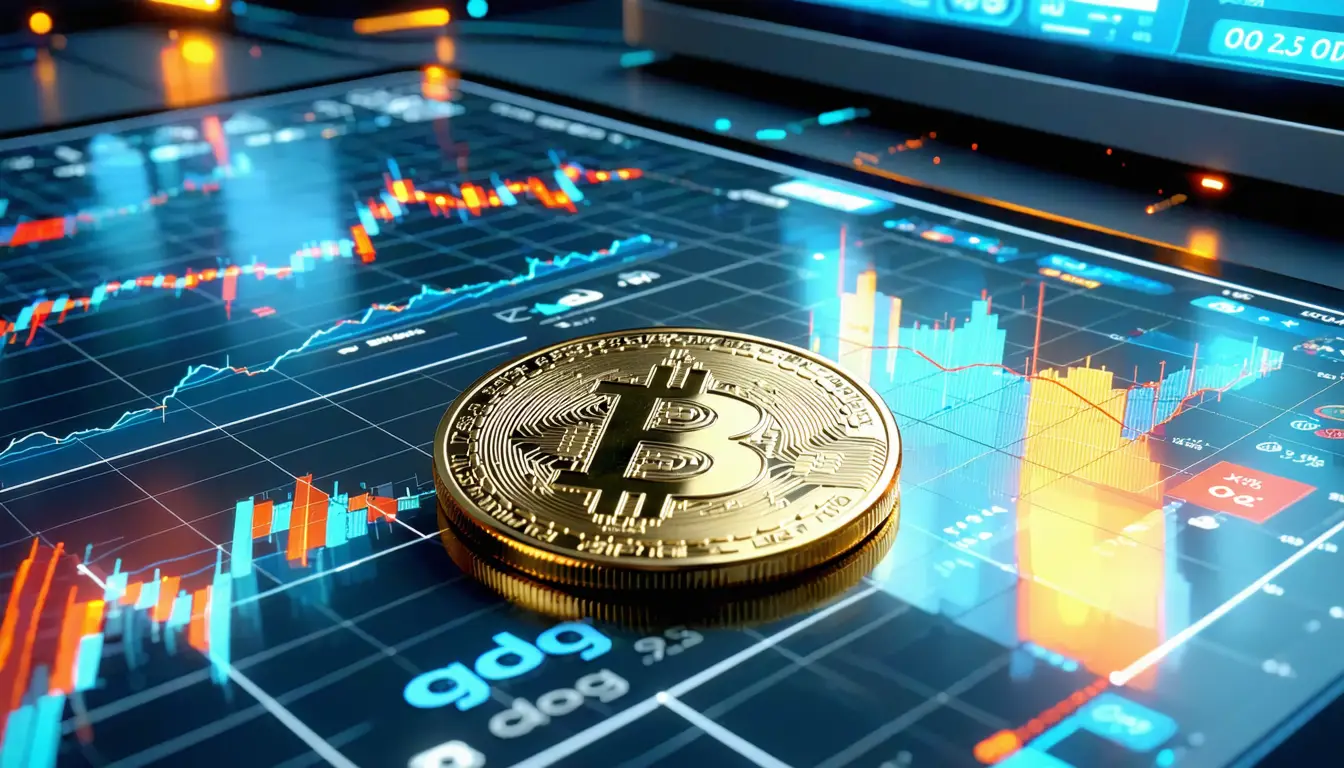In a significant legal move, the U.S. Securities and Exchange Commission (SEC) filed an interlocutory appeal late Monday challenging a portion of the court’s July ruling in its ongoing case against Ripple Labs. The original judgment by Judge Analisa Torres deemed that the sale of XRP on public exchanges did not constitute a securities offering, marking a partial victory for Ripple and the broader crypto industry.
The SEC’s latest filing argues that this split ruling introduced legal uncertainties that warrant further examination by a higher court. Specifically, the agency contends that the decision could hinder future enforcement efforts not just in the Ripple case, but against other crypto tokens that may be deemed unregistered securities under U.S. law.
Ripple responded on Tuesday, stating that the appeal could delay the resolution of the case and cause “prolonged regulatory uncertainty” for the blockchain sector. The company maintains that XRP, like Bitcoin and Ethereum, should not be classified as a security, calling the SEC’s approach a “regulation by enforcement” strategy that stifles innovation.
The SEC vs. Ripple case has become a landmark for the cryptocurrency industry, with the outcome likely to influence how DeFi projects, crypto exchanges, and token issuers operate within the U.S. regulatory framework.
As Bitcoin (BTC) continues to trade steadily around $29,000 and Ethereum (ETH) holds above the $1,800 mark, markets remained relatively muted on the news, though altcoins related to Ripple showed slight volatility.
With regulatory scrutiny intensifying and more DeFi platforms under the microscope, the Ripple ruling—and its appeal—represents a pivotal moment for the future of cryptocurrency innovation and compliance in the US.




